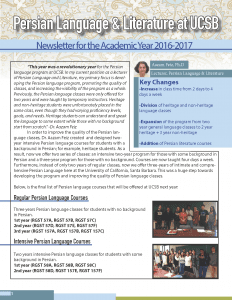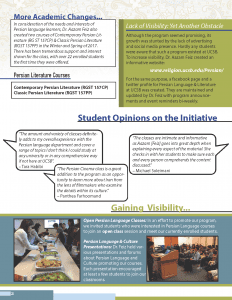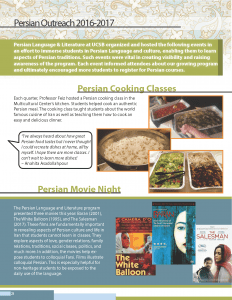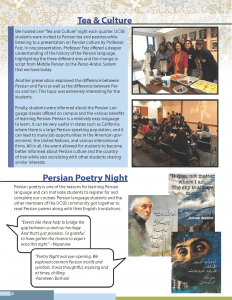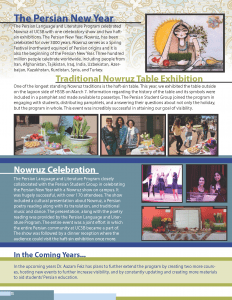The capacities of Artificial Intelligence (AI) are growing rapidly and new technologies are impacting society in a variety of ways, all of which raise significant ethical issues. LeRon Shults (University of Adger, Norway) argues that the Humanities are needed to help guide the ethical conversations around AI by becoming more engaged in “Human Simulation,” a new interdisciplinary approach to simulating human futures (as well as studying the past) that requires the expertise of historians, philosophers, ethicists, and other students of human nature.
F. LeRon Shults, Ph.D.. is a Professor at the  Institute for Global Development and Social Planning at the University of Agder, Norway, and Scientific Director, Center for Modeling Social Systems. Shults, whose graduate training was in the study of religion, has been collaborating with computer modelers to demonstrate the value of computer modeling and simulation for refining and testing theories and generating dynamic models of the processes studied by scholars in the humanities. Shults has received numerous collaborative grants to advance this work and is one of four co-editors of a recently published volume, Human Simulation: Perspectives, Insights, and Applications (New Approaches to the Scientific Study of Religion).
Institute for Global Development and Social Planning at the University of Agder, Norway, and Scientific Director, Center for Modeling Social Systems. Shults, whose graduate training was in the study of religion, has been collaborating with computer modelers to demonstrate the value of computer modeling and simulation for refining and testing theories and generating dynamic models of the processes studied by scholars in the humanities. Shults has received numerous collaborative grants to advance this work and is one of four co-editors of a recently published volume, Human Simulation: Perspectives, Insights, and Applications (New Approaches to the Scientific Study of Religion).











